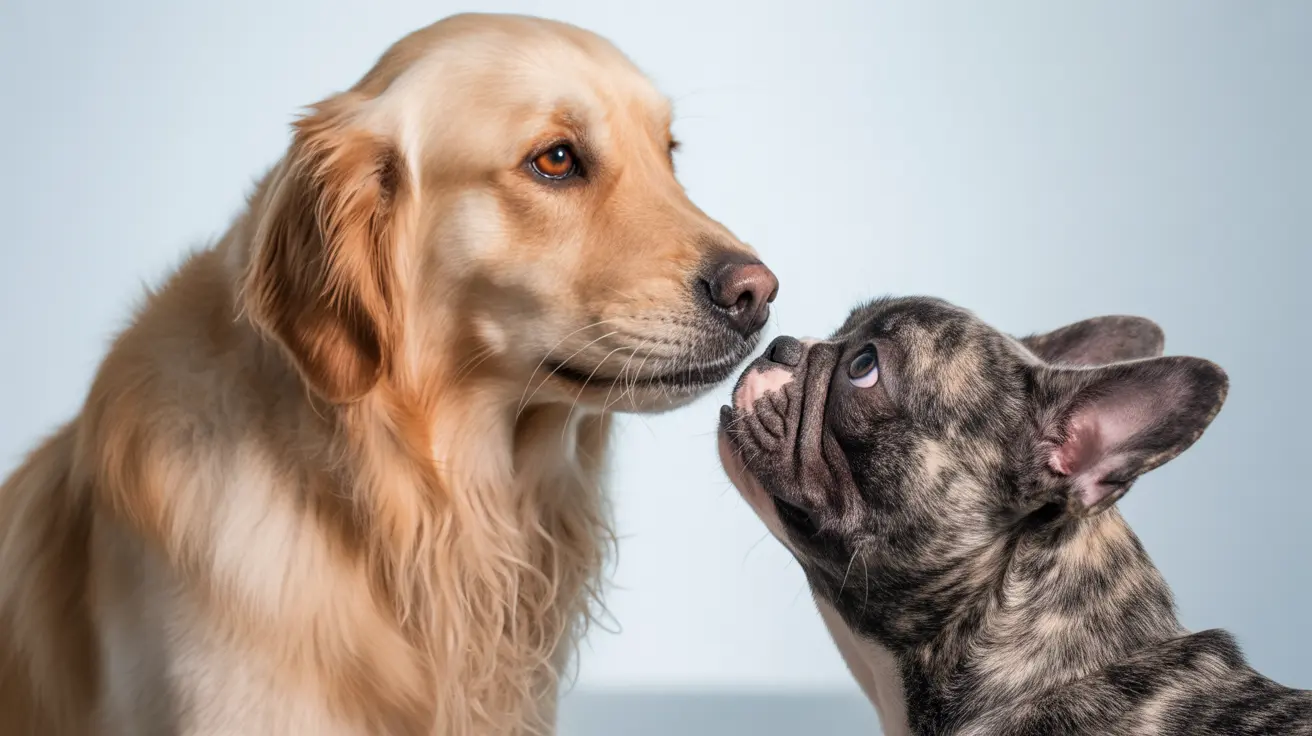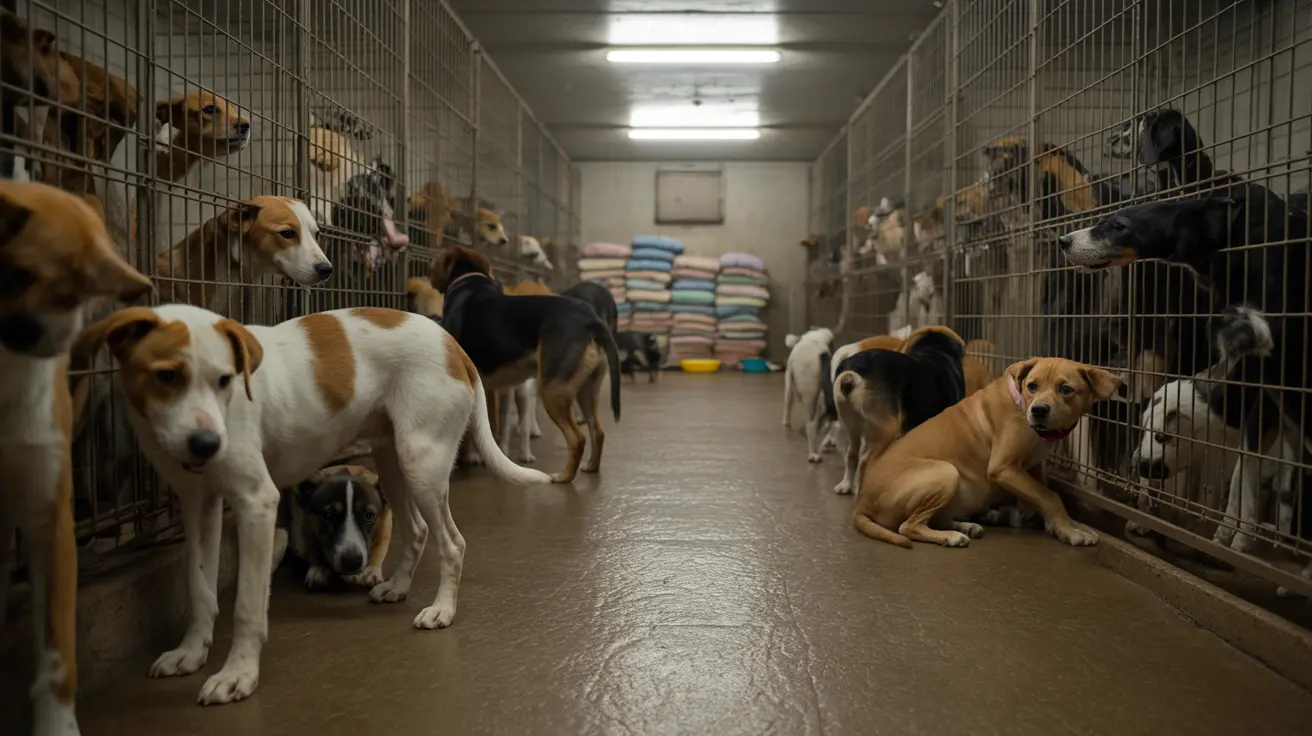Recognizing the Signs of Food Intolerance in Dogs
Just like humans, dogs can suffer from food intolerance—a negative reaction to certain food ingredients that does not involve the immune system. Understanding the signs and symptoms is essential for any pet owner to maintain their dog's health and comfort.
What Is Food Intolerance in Dogs?
Food intolerance differs from food allergies in that it typically involves the digestive system rather than an immune response. It usually occurs due to the dog’s inability to properly digest a certain ingredient, leading to gastrointestinal or dermatological symptoms.
Common Signs of Food Intolerance
- Chronic Ear Infections: Frequent ear infections are often linked to an underlying sensitivity to a food ingredient, especially proteins.
- Itchy or Inflamed Skin: Persistent scratching, skin redness, or rashes may indicate intolerance, particularly to grains or proteins like chicken or beef.
- Vomiting: Occasional vomiting can be normal, but if it happens regularly after meals, it could signal a problem with digesting certain foods.
- Diarrhea: Loose stools or chronic diarrhea are common digestive symptoms of intolerance.
- Excessive Gas or Bloating: Some dogs react to intolerances by producing more gas, leading to discomfort and bloating.
- Changes in Appetite or Weight Loss: Disinterest in food or unexplained weight loss may be signs of an ongoing internal issue related to diet.
- Compulsive Licking or Chewing: Dogs with discomfort may lick or chew their paws, belly, or hind legs excessively.
Typical Food Triggers for Dogs
Certain ingredients are more commonly associated with intolerance in dogs. These include:
- Dairy Products: Many dogs are lactose intolerant and suffer symptoms like gas, diarrhea, and bloating when consuming dairy.
- Grains: Corn, wheat, and soy can cause sensitivity in some dogs.
- Proteins: Chicken, beef, or lamb might trigger a reaction if your dog has developed an intolerance over time.
- Food Additives or Preservatives: Chemical ingredients, artificial coloring, or preservatives can irritate some dogs’ digestive systems.
Diagnosing Food Intolerance
- Consult a Veterinarian: Your vet may recommend an elimination diet or food trial to identify the offending ingredient.
- Elimination Diet: This involves feeding your dog a limited-ingredient diet with novel proteins and carbohydrates for several weeks.
- Reintroduction Phase: After symptoms improve, ingredients are reintroduced one at a time to pinpoint the source of intolerance.
Managing and Preventing Food Intolerance
- Feed Limited-Ingredient Diets: Commercial dog foods with fewer components can reduce exposure to potential irritants.
- Rotate Protein Sources: Periodically changing protein sources can help prevent the development of intolerances.
- Avoid Table Scraps: Human food often contains ingredients that can upset a dog’s digestive system.
- Watch for Patterns: Monitor your dog’s behavior and health after meals to identify food-related issues early.
When to Seek Veterinary Help
If symptoms persist or worsen even after switching diets, consult your veterinarian. Prolonged food intolerance can lead to more serious issues like malnutrition or gastrointestinal damage.
Conclusion
Understanding the signs of food intolerance in dogs can help you take quick action and make informed dietary changes. Watch for symptoms like gastrointestinal distress, skin issues, and changes in appetite. Discussing concerns with a veterinarian ensures that you provide the best nutrition and care for your furry friend.





